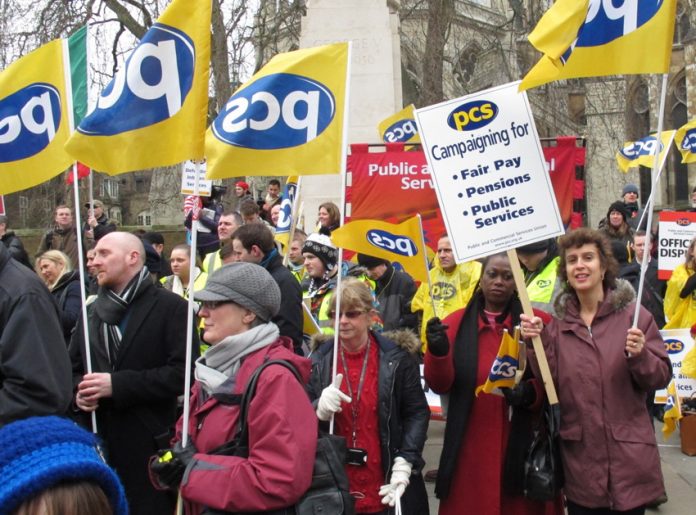
TAX rises of up to £9 billion could be imposed on British households and businesses after the next general election in 2015, leading economic forecaster the Institute for Fiscal Studies (IFS) has warned.
According to the IFS, Chancellor Osborne’s fourth budget has paved the way for bigger tax increases after the 2015 general election.
The IFS said a study of budget documents revealed that Britain’s sluggish economic growth would mean continued austerity for years to come.
It said its analysis revealed that without new tax rises government spending would have to be cut by 18 per cent by 2018, suggesting that after an election it was much more likely that a future government would attempt to find those savings through new taxes rather than through further swingeing spending cuts.
The Chancellor surprised economists when he announced that public borrowing for 2012-13 would come in £100m below the £121bn deficit recorded in 2011-12.
The IFS also revealed that tax revenues were £5bn less than planned, pushing up the deficit. By the end of the current financial year, Whitehall departments’ budgets will have been cut by an average of 8.9 per cent.
If the additional austerity fell entirely on spending, it would mean that by 2017/18, departments would suffer unprecedented cuts of 18 per cent.
‘That is after an election and it is much more possible that a future government will prefer to increase taxes instead,’ Rowena Crawford, of the IFS, said.
That would require new tax rises of £9bn in the two years after the election, the IFS estimated, equal to £346 a year for every household.
IFS director Paul Johnson said that tax cuts were ‘more likely than not’, if not the implication for spending after 2015 was ‘grim’.
He said: ‘The implication is that the real effect of public spending cuts pencilled in for the next Parliament will be even more severe than expected hitherto…the outlook for all other unprotected spending looks grim indeed.’
There are also speculations that Britain could face its second credit downgrade as a result of the country’s sluggish growth.